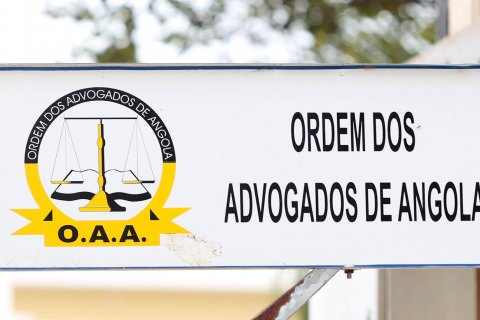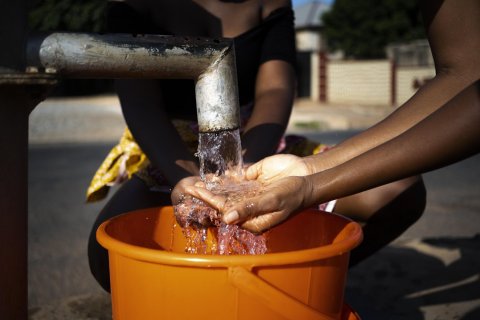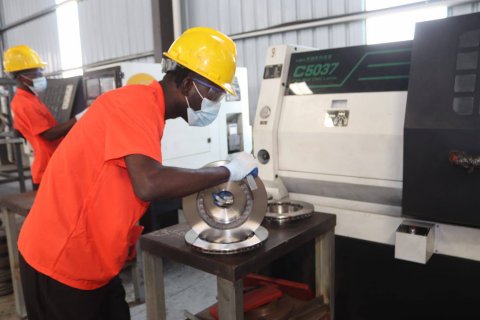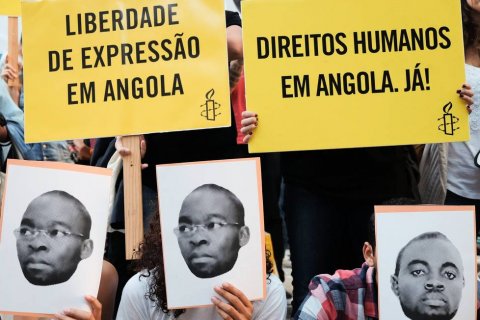In accordance with the provisions of paragraph 1 of Art. 77 of the Constitution of the Republic of Angola, "the State promotes and guarantees the necessary measures to guarantee to all the right to medical and sanitary assistance [...]". Thus, in the particular case of criminal offenses motivated by the consumption of drugs in a comprehensive sense, Art. 25 of Law no. 3/99, of 6 August – Law on trafficking and consumption of narcotics, psychotropic substances and precursors -, determines that, in the context of assistance, the Angolan State, "[...] develops, through the respective services, the actions necessary to provide assistance to drug addicts or other consumers who present themselves spontaneously and monitors the conditions in which private entities attend and treat drug addicts". In case of suspension of the sentence and treatment obligation, Art. 26 of Law no. 3/99, of 6 August, which:
if the defendant has been convicted of the crime provided for in article 23 of this law, or another person who is in a direct connection with him and has been found to be a drug addict, the Court may suspend the execution of the sentence in accordance with the general law, on condition, in addition to other duties or rules of conduct that may prove to be adequate, to voluntarily submit to treatment or internment in an appropriate establishment, as evidenced by the form and time determined by the Court; If, during the suspension period of the sentence, the drug addict culpably fails to undergo treatment or internment or fails to comply with any of the other duties or rules of conduct imposed by the Court, the provisions of the criminal law for the lack of compliance with these duties or rule of conduct; Once the suspension is revoked, the execution of the sentence takes place, preferably, in an appropriate area of the prison, and the necessary medical assistance is provided.
In this perspective, it is emphasized that such a judicial program avoids the segregation of the subject, providing him with adequate treatment. For this reason, it is necessary to understand that certain operators of the law do not have the knowledge to analyze and determine the appropriate treatment to which offenders implicated with drugs should be submitted. Which means that, in practice, such an alternative measure will only become effective for the purposes for which it is presented if the justice agents include different professionals in this process, among others: psychiatrists; pedagogues; psychologists and social workers, thus building a multidisciplinary working group, aiming at the installation of a process of recovery of the chemically dependent offender (a process that permeates awareness, the intervention model and, finally, its implementation).
In summary, it should be noted that this measure constitutes a real reform for the Angolan criminal justice system, since it not only warns and takes care of the offender's health, but also allows for their social reintegration and the prevention of new crimes, which have drugs as potentiating agents.
Previous
The opinion of... Cesário Sousa Domingos








